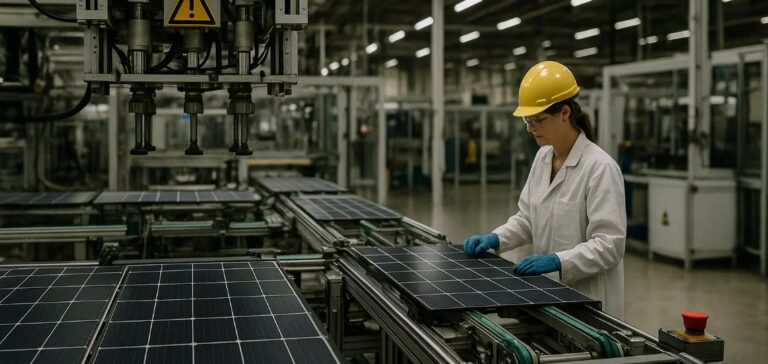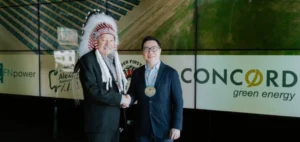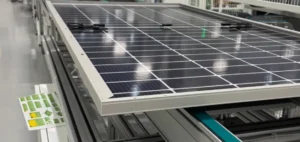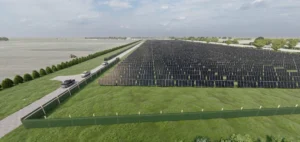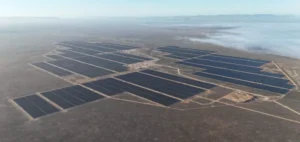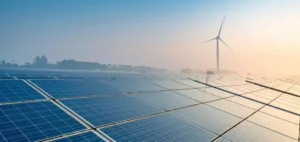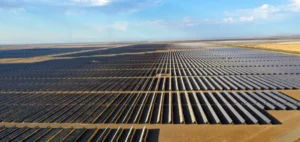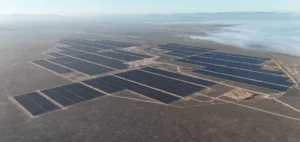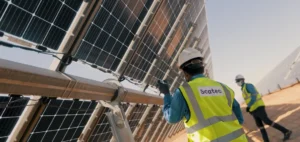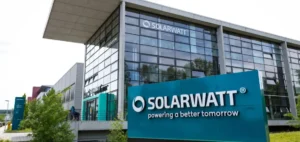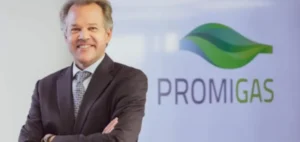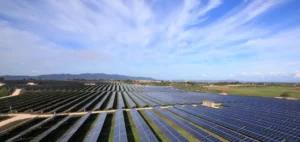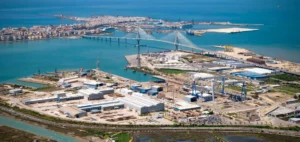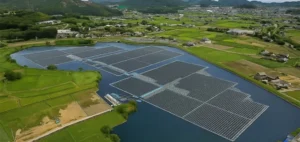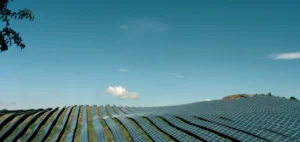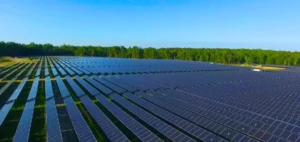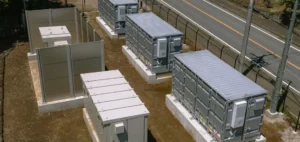Meyer Burger Technology AG, a Swiss manufacturer of solar cells, has decided to introduce short-time work for approximately 300 employees at its Thalheim site in Germany, starting May 1, 2025. This decision was made following an agreement between management and the works council. The affected employees were part of the team that ensured 24/7 continuous production of high-performance solar cells.
Temporary material shortages required for the production of solar cells have led to this measure, which is intended to reduce costs in the short term. While the company did not specify the exact duration of the short-time work, it stated that the situation would be reassessed based on the evolution of supply conditions.
Material shortages and adjustment of production processes
Material shortages are also affecting Meyer Burger’s site in Goodyear, Arizona, USA. There, the solar cells produced in Thalheim are processed into solar modules. Production at the U.S. plant has been adjusted: technical work now alternates daily with solar module production, as part of the ongoing ramp-up of the plant. This adjustment aims to manage fluctuations in the supply of raw materials while continuing to increase production capacity.
Further reductions in the workforce considered
Meyer Burger also announced that it might make additional adjustments to its workforce, particularly regarding the reduction of production teams. These adjustments are considered necessary to optimise production costs during the material shortage period. However, the company has not provided details on the number of jobs that might be further affected by these reductions.


